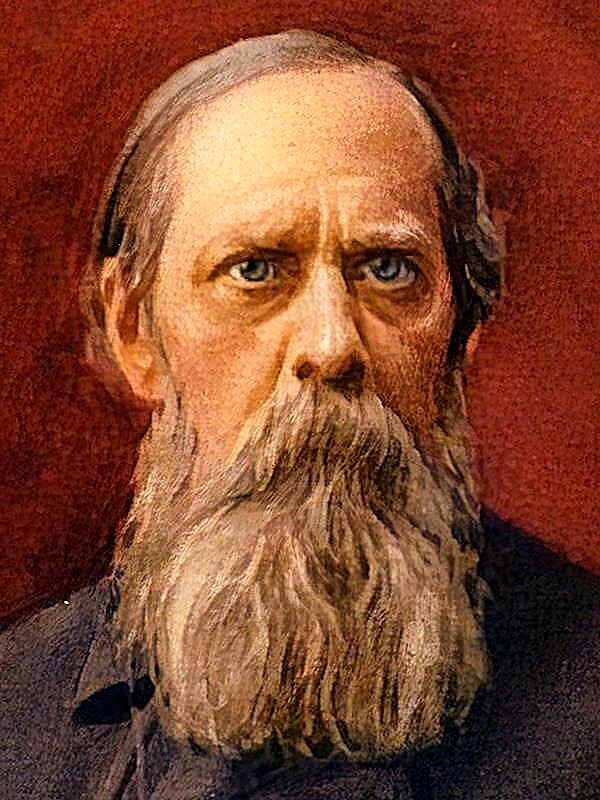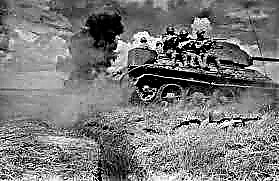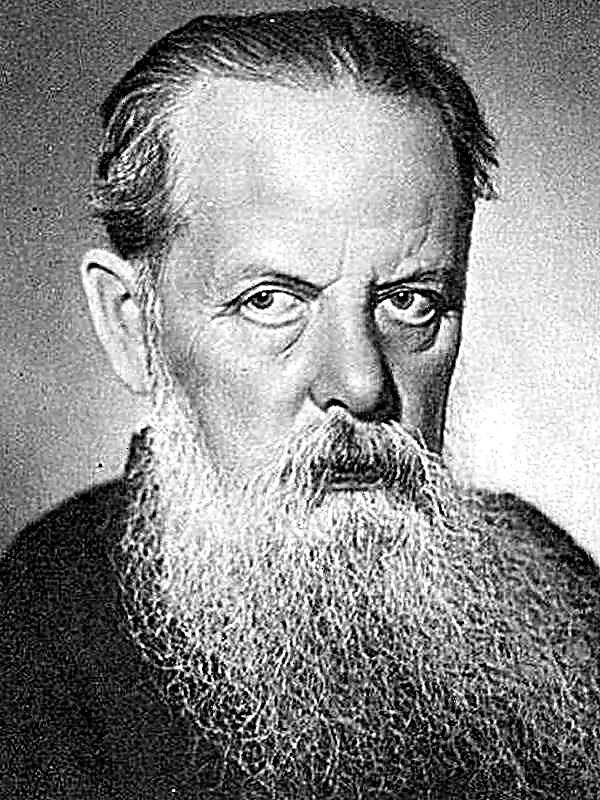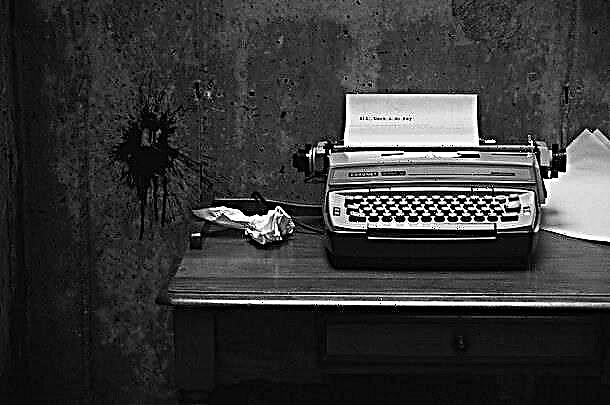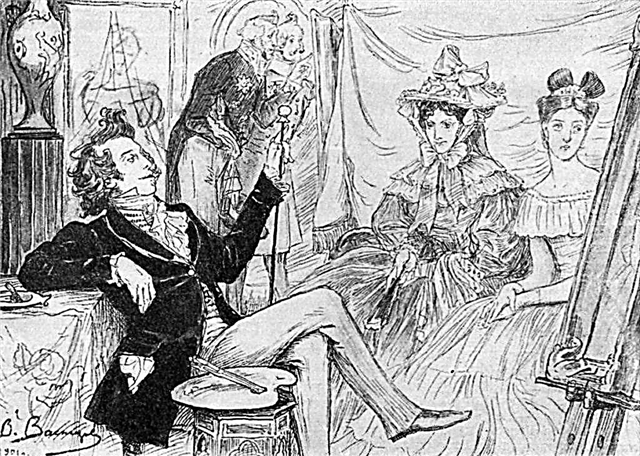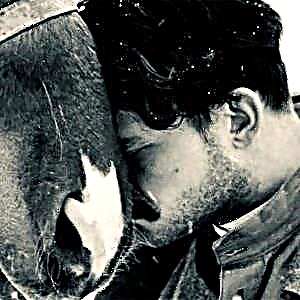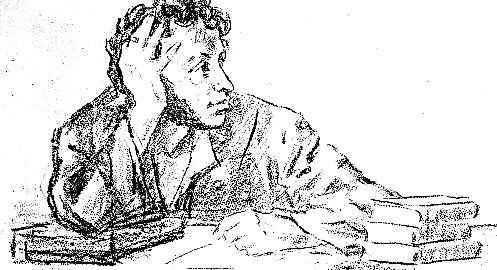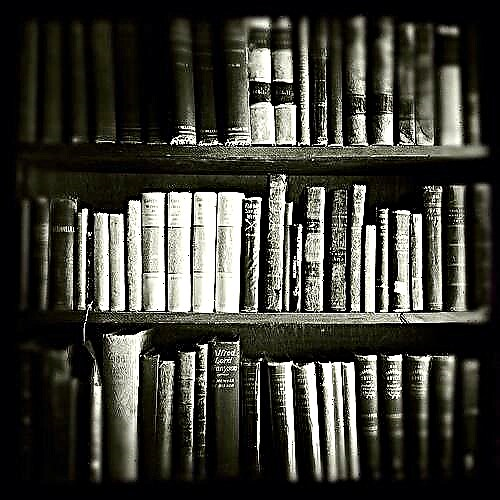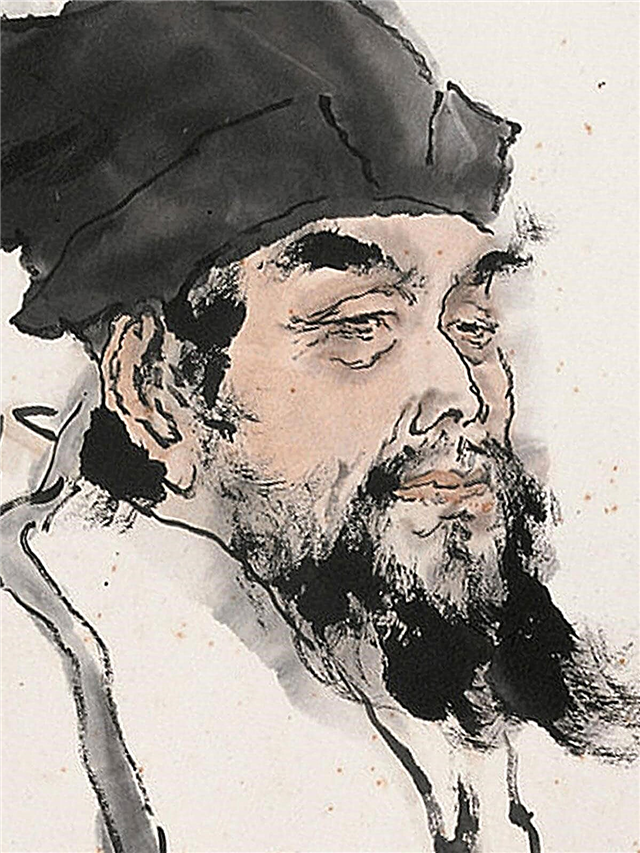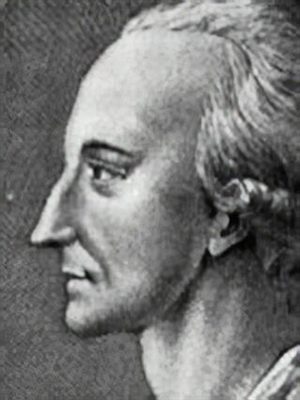Anton Pavlovich Chekhov is a classic of world literature, and he is also known to us as a doctor by training. He quite successfully combined his medical practice with writing, however, he could not help himself overcome the most serious illness that had tormented him from his youth.
History of creation
It was in the Petersburg newspaper in 1887 that the story “Boys” was first published. But still under the author's pseudonym Antos Chekhonte.
There is a version that the reason for writing was a case that took place in the life of Chekhov himself. Allegedly, during a walk in the Neskuchny Garden in Moscow, he met two gymnasium students depicting Indians in a game. Transferring this insignificant, at first glance, event to paper, he brought to the story many fundamental points that are capable of shaping a person’s identity and explain some of his actions in the future.
Chekhov's first publications were humorous in nature, and therefore he collaborated for quite some time with some publications that printed works in this genre. At first, he signed his compositions with pseudonyms. Their literary scholars number more than forty. The most famous, perhaps, is the pseudonym Antos Chekhonte. But after Anton Pavlovich was invited to work in the periodicals Petersburg newspaper and New Time, and his publications gained popularity, the writer began to sign them with his real name.
Genre, direction
“Boys” is a story by genre, a prose work. It begins and ends, in fact, with the same enthusiastic phrase: "Volodya has arrived!" Only the shade of this expression at the beginning and at the end has significant differences.
The direction in the literature of the second half of the 19th century is realism. And Chekhov was his bright representative. All his heroes are by no means the ideals of human nature. They, like a prism, pass through themselves the trends and mindsets of modern society, their time and by will, subject to their influence. These are ordinary, ordinary people, not alien to vices, but led by virtues.
The bottom line: what does the story say?
In the center of the plot is the arrival of two gymnasium students, Volodya Korolev and Mr. Chechevitsyn, to visit the first. The boys are classmates who decided to spend their holidays with Volodya's family. Korolev's parents and sisters are incredibly happy to meet with the boy, remember how they escorted him to study at the gymnasium, and waited for the holidays. Volodya introduces relatives to his friend Chechevitsyn, whose surname none of the family could remember correctly.
Boys behave aloof and cold towards the inhabitants of the house. Volodya's parents and sisters immediately notice this and are saddened by the fact that the boy is not happy about his arrival home. He constantly whispers with Chechevitsyn, as if plotting something.
Volodya's sisters, overhearing his conversation with a friend, are convinced that the guys started an escape. Having read adventure novels about the Indians and the world of the Wild West, they got the idea to go on a trip to America in order to mine gold and ivory. And even stocked up with some food, knives and pistols. However, the girls did not prevent this venture and did not tell about what they heard to their parents, therefore, after some hesitations of Volodya and under the impressive influence of Chechevitsyn, the escape took place.
The day continued their search. And when Volodya's mother was already on the verge of a nervous breakdown, the conspirators were found and taken home. Volodya even became ill from feelings of remorse and guilt in front of his family. And Chechevitsyn, on the contrary, did not feel any remorse. His mother was called by telegram, and the instigator left. In parting, he only left a note in the notebook of one of Volodya’s sisters: “Montigomo Hawkclaw”. In more detail, the main events of the story we described in Reader Diary Summary.
The main characters and their characteristics
Chekhov in many ways contrasts the boys with each other. Starting with a description of their appearance and ending with the internal contradictions of one and the absence of them in the other.
Volodya briefly outwardly characterized, while Mr. Chechevitsyn has a more detailed description up to the structure of hair. Even the speaking surname Korolev, which is generally characteristic of Chekhov’s work, is contrary to his actions. The leader in the communication of boys is Chechevitsyn, despite his sullenness and reticence. And Volodya, once a merry fellow and a chatterbox, the housekeepers don’t recognize, so he changed and became like a friend, inhospitable and angry. Chechevitsyn subjugated Volodya to his influence and inspired him with the idea of the need to escape to America, where they would travel over thousands of kilometers, fighting enemies and wild beasts on their way, but they would be rewarded with trophies from Indian reserves. Influenced by the beliefs of a friend and enthusiastically read books, Volodya agrees to a gamble. But later, being under the shelter of a cozy house with family people, the boy begins to doubt this undertaking. He hesitates and reports this to Chechevitsyn. Fear of disappointing mom and making her worry stops Volodya, prompts her to refuse to escape. But at the same time, the moral side of the issue is alive in him, because he gave an honest word to his friend to support the undertaking, and he must keep that word.
But Chechevitsyn far from these mental torments and carried away by only one idea - to run away as soon as possible. Unlike Volodya, he does not know the warmth of the hearth and parental care, nothing holds him. Family values are not fundamental to him. He is a determined and stern man. Volodya is not like that. This boy is respectable, attached to the family with all his heart, although at the stage of his growing up trying to demonstrate the opposite. However, he has a dream - America. And for the sake of its implementation, he is ready to act: neglect the most valuable that he has, the trust and closeness of the family. But this decision is given to him with difficulty, Volodya does not accept it on his own, but under the pressure of Chechevitsyn. A friend does not have a stumbling block in the form of a family, and doubts about the correctness and prudence of his decision are not gnawed. The characterization of the boys convinces us that their upbringing and descent are directly opposite.
The boys completely differently experienced their failure. Volodya was greatly depressed by the fact that he delivered so much pain to his family. But Chechevitsyn, not burdened with a sense of responsibility, on the contrary was proud of the act, not taking into account the scale of the suffering that was brought to people. After all, he subjected them to his mother, who soon arrived and took the boy home.
Themes and Issues
The main theme of the work of A.P. Chekhov is childhood, which is expressed in the desire of the main characters to make a trip to a distant uncharted country. They are completely unsuitable for adulthood, do not realize the consequences of their decision, continue to live in a world of dreams, illusions and fantasies.
In the story, the author addresses the problems of relations between fathers and children, the whole world of children and adults, the difference in the worldviews of people of one generation. Chekhov is considering the issue of prioritization in the thinking of boys, which one can easily give up and neglect, and the other does not.
The problem of education slips in lines with replicas of Volodya's father. He is extremely intelligent, very respectful of his own son. He was able to lay in the boy’s mind the correct postulates that must be followed in life, elementary - what is good and what is bad. And on the example of Chechevitsyna, we observe the opposite picture. Apparently, the boy was deprived of parental love and proper upbringing, which is why he grew up with an irresponsible claim to independence and independence.
The main idea
The meaning of the story “Boys” is the need to maintain the right relationship between adults and children. Children are an extension of their parents, and they should always be attentive to the issues of raising their offspring, bear responsibility for this, so that in the future a similar sense of responsibility arises and takes root in the souls and views of the children themselves. After all, the parental example is the most accurate and indicative in the early stages of the formation of the child’s personality.
Consequently, the idea of the work is the author’s desire to recall how important it is to constantly think about the consequences of decisions made, and even more so of perfect actions. Since sometimes the consequences are unpredictable and irreversible, it is advisable to try to calculate your actions several steps forward. And if an unfavorable outcome is inevitable, it may be wiser to completely abandon the previously taken adventurous decision.
What does it teach?
A. Chekhov's story “Boys” teaches us to attach importance to true family values and not to abandon them, teaches us not to succumb to other people's influence and always have our own point of view and the ability to firmly answer “no” if necessary. Chekhov also urges parents to treat their children as carefully as possible, to assist them in their psychological development and to encourage them to be guided only by their mind.
The author puts the importance of the family for a person at the forefront. All his actions, while still a child, are marked by the conditions and circumstances in which he was born and raised. Chekhov contrasts and compares traditional family values and silly children's quirks at the same time, demonstrating how a rash and naive decision can destructively affect what is really important, but sometimes people tend to forget.

